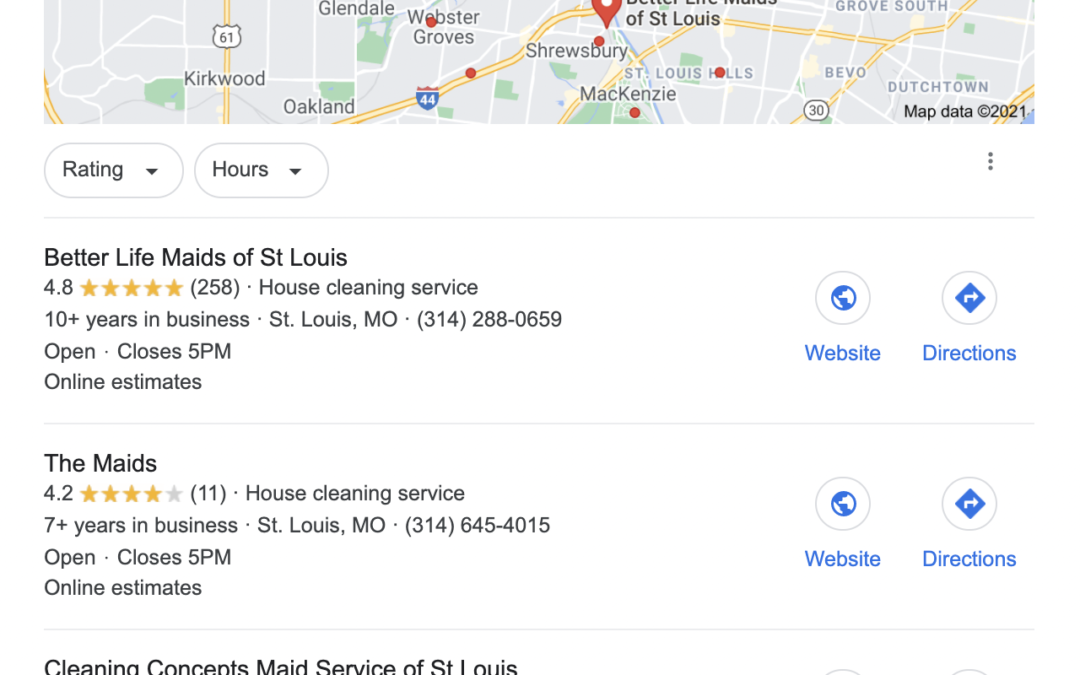Putting clients’ price negotiations in reverse.
The Achilles heel of many cleaning services is dealing with clients who want to negotiate price. If the client detects for one second that you are uncomfortable responding to her challenge on your price, you have an uphill battle. Very often it’s not what you say verbally in response to the client’s effort to get the better of you. Body language can transmit more than words.
![]() Some estimators will become totally defensive. They may even become angry or belligerent. Others will display nervous habits like turning red or breaking into a cold sweat. Some will stammer and wither.
Some estimators will become totally defensive. They may even become angry or belligerent. Others will display nervous habits like turning red or breaking into a cold sweat. Some will stammer and wither.
Aside from the obvious, negative reactions, either spoken or non-verbal, resolve nothing in the way of dealing with price negotiators. In fact, when clients detect any sense of concern over this challenge, you have pretty much lost the sale.
To begin with, we need to understand the reasons why we get price questions and resistance:
Consumers generally don’t know what else there is to ask you. For this reason we need to “tell our story” BEFORE dealing with the question of price. This is a major reason you need to have the client accompany you on your walk-through. As you point out what you will be doing in every room and making your notes you’re also building a case for what you’re going to be charging for. If the client starts asking price early on, we just say, “I will leave you a detailed written quote before I leave, but I first have to determine exactly what you need to have done throughout your home.” AND WATCH YOUR BODY LANGUAGE.
There is that group of consumers who think that by intimidating service providers that they can call the shots. It seems that the higher up the economic scale the greater the odds you’ll run into this attitude. Early in my career I heard a sales trainer say, “When you run into this type of customer, imagine them sitting on the toilet.” The problem with that tip is you might burst out laughing! Ha! Ha! The point is, don’t fall for the intimidation technique or – even worse, respond in kind.
Some people come from countries and cultures where haggling over price are virtually a traditional pastime. If you’ve ever been to Mexico, for example, in markets, street corners and beaches, shoppers and vendors alike make a game of the buying and selling process. Bartering price is simply a tradition for folks from this category of buyer. They are not really trying to get under your skin.
And, let’s face it; there are people out there whose current financial situation may prevent them from enjoying your service AT THIS TIME. This should not preclude you from doing your walk through and, by your professional demeanor, solidifying a good shot of being this client’s cleaning service when financial circumstances change. You will want to leave a pleasant taste in their mouth. Then follow up with a mailing every few months.
So then, what is the best way to respond when a client says, “Your price seems high. I expected to pay $X for having my home cleaned.” NOW PLEASE PAY ATTENTION TO THIS RESPONSE. IT WORKS! And pay particular heed to the body language. It’s actually a good idea to practice this in a mirror so you can see what the client will see.
Hold you note pad against your waist, with your other hand on the wrist of the hand holding the note pad. Smile – but make sure it does no come across as a sneer or smirk – look the client in the eye and after a few seconds of obvious reflection, say in the most genuine tone.)
“Mrs. Jones, the price I quoted you is what my company needs in order to provide you with the caliber of trustworthy cleaning staff it takes to give you the high quality service you want and deserve.”
(Relax your posture a little and, while still looking the client directly in the eye, continue)
“Now, you said $X is what you wanted to pay. Well, I’ll do better than that. How about zero dollars? The price I quoted is what we need – BUT, I’ll tell you what, when we’re done with your home, if you are not thrilled with the job we did, never mind $X – YOU WON’T OWE ME ONE THIN DIME! How is that for a guarantee of confidence? I have a team in this area on Tuesday Mrs. Jones, or would you prefer the following Monday?”
(Then shut up and wait for a response. If you practice the preceding in a mirror you will come to the right body language and expression.)
HOLD ON, WHAT IF SOMEONE DOESN’T PAY ME?
Aha, I knew you would ask that?
Let me tell you from decades of experience in this and other industries – if you are providing a first class product or service the percentage of times people will take advantage of you is extremely minute. OF course if you used this message in your advertising, you would attract some dubious characters that might see an opportunity to get something for nothing. But used as described, it is a powerful message which works.
But, let’s look at a worst case scenario. Let’s say that one out of 10 people chose to take you up on the offer. If this promise resulted in just one extra customer in the 10 becoming a regular biweekly client, you would be trading the income lost from that one client for an additional $3,000/year – depending on your average biweekly cleaning price.
And here’s a really interesting thought: Rather than losing $20 to $30 per cleaning due to caving in on your prices, over time this policy could add tens of thousands of dollars, which fall straight to the bottom line – especially if you don’t pay your workers a percentage of the job.
I have shared this practice with many owners who say it made a huge difference in conversion rates and their profitability. Of course, as always, I don’t try to tell you how to run your business. Whether you try this or not, this article may cause you to rethink your presentation and negotiation policy.
ONE CAVEAT: USING THIS TECHNIQUE ASSUMES YOUR EMPLOYEES ARE INDEED DELIVERING FIRST CLASS WORKMANSHIP.
NOTE: You will never see a residential cleaning service that promotes price doing over $1 million in annual sales. Successful operators, both franchised and independent, have much more to sell than price. Remember that in a service business it is almost impossible to compare apples to apples. It’s not like selling physical products where you can get a model number of a refrigerator, as an example, and compare prices between various vendors.
With 18 years in the cleaning industry and 45 years of experience building his own businesses, Gary Goranson was one of the first business consultants to serve the residential cleaning industry with real experience and solid credentials. Visit him at HouseCleaningBiz101.com.






